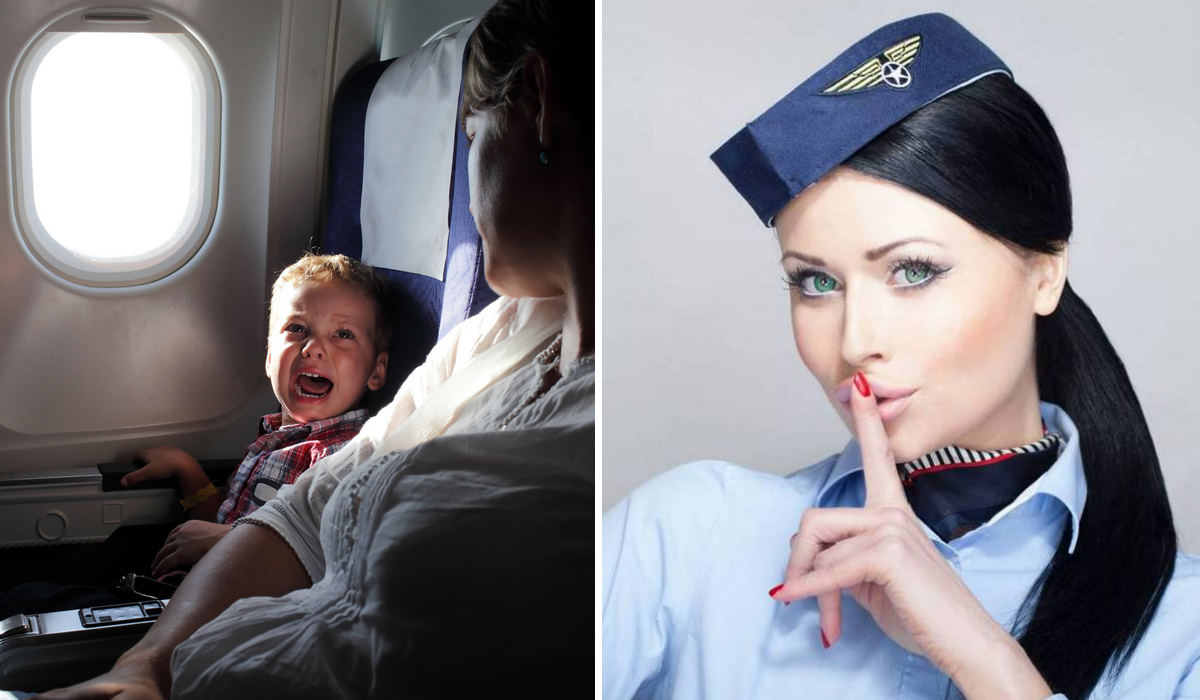As a rule, an aviation neighborhood with crying children brings little joy to tourists. Jane Hawkes, a former flight attendant and now an expert in consumer protection told the British newspaper Express how to act in order not to lose the last nerve cells and at the same time not to get on the blacklist of flight attendants.
Sitting next to a crying baby is a nightmare for many travelers. And the first thing adult passengers do is complain about the noisy children of the staff. According to the expert, this action is wrong. It is important to be patient with the children, as the family is most likely also going through a difficult flight.
Here are the flight attendant’s tips on how to act if crying children are nearby:
- To show tolerance.
- Ask the staff about the possibility of transferring.
- Choose a departure time that is most inconvenient for family tourists.
“Be patient if there are crying or noisy children around. Air travel can be stressful and difficult at the best of times, but with small children, the flight becomes even more difficult. If you are unhappy, ask the crew if there is another seat you could take. Alternatively, book flights with less socializing schedules that may not be as attractive to families,” she advised.
Thus, you can quietly and without outrage ask the flight attendants if there is a free alternative seat on the plane. Although a positive resolution to this issue is not always possible, flight attendants will be happy to assist polite passengers in transferring should problems arise.
Families are also less likely to fly at night or early in the morning, so tourists can avoid being around children if they book their tickets during these times. Early morning flights are usually less likely to be delayed as they are the first to leave the airport.
Air travel can be stressful, and unfortunately, some passengers tend to forget good manners. “Remember your manners. “Hello”, “please” and “thank you”. It’s such an obvious thing to do, but the simplest manners are often forgotten. Ask employees how they’re doing, how they’re doing, and interact with them to make them feel valued. “A few favors are worth nothing,” Hawks said.
When passengers get on and off the plane, there is nothing wrong with politely greeting or saying goodbye to the flight attendants, and thanking them. On most aircraft, flight attendants can be called with the call button on the passenger seat. However, the button should only be used in an emergency or if the passenger has an urgent, urgent request. Flight attendants are usually very busy on flights, and they won’t have time to answer a lot of “trivial” questions.
“Think before you ask a question or click the call. The crew does not know your exact location at each point of the journey. The onboard movement chart is the best source of this information. The crew cannot look into the future and predict how the part of your journey will play out if there is a delay. On shorter flights, the service time is of the essence, so any unnecessary trivial questions during service take up valuable time,” she added.

